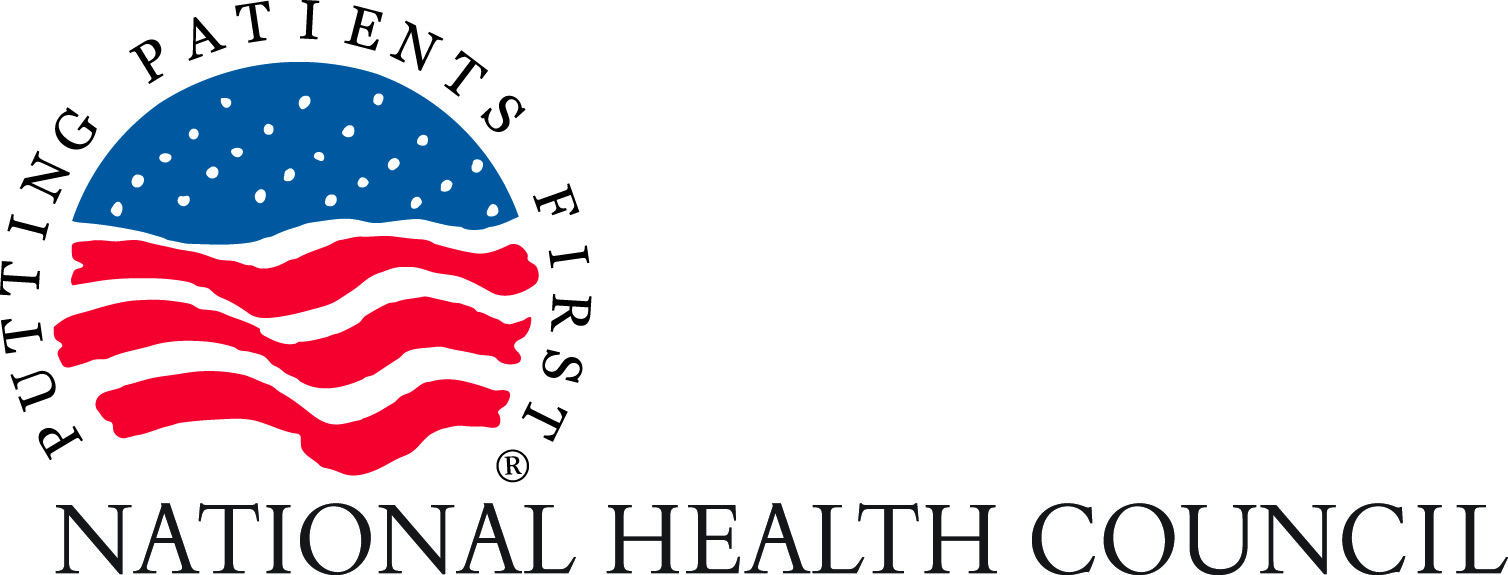NHC Commitment to Ensure Representativeness in all Policy Work
09/28/2020
By Maddie Mason, Senior Associate, Policy
The National Health Council (NHC) has pledged to ensure that our policy work is inclusive and representative of all populations. In our comment and policymaking opportunities, we are particularly committed to this, and strive to have our policy work directly reflect the inclusion of all populations.
The NHC has historically emphasized the importance of inclusion of all populations in our policy work. Some examples include:
- Letter to the Office of Minority Health and Health Equity (OMHHE) Strategic Priorities Public Docket;
- Comments on the FDA’s Patient-Focused Drug Development discussion documents Guidance 2 and Guidance 3;
- Comments on FDA’s draft guidance on Enhancing the Diversity of Clinical Trial Populations; and
- A Roundtable in 2017 with key stakeholders to focus on building a consensus to understand what “representativeness” means when applied within the context of product development, regulatory decision-making, and value assessments.
The NHC is increasing our focus on ensuring underserved and underrepresented populations are better served by the entire health ecosystem. Recently, we convened a cross-stakeholder Roundtable on Achieving Health Equity: Envisioning a 21st Century, Patient-Centered, Health Ecosystem. We look forward to sharing outputs from this Roundtable and future work in the area in the coming weeks and months.
NHC Comments on Office of Women’s Health Strategic Priorities; Establishment of a Public Docket
Earlier this month, the NHC submitted comments to the Food and Drug Administration (FDA) as its Office of Women’s Health (OWH) is working to establish a Strategic Priorities. The OWH mission is critical to reducing health disparities that disproportionately affect women, and the NHC agrees that FDA has a unique role in promoting women’s health.
In our letter to the FDA, we specifically recommend:
FDA should work across the agency to address disparities affecting women.
The FDA should work throughout the agency to identify the unique needs of and address disparities faced by women, emphasizing bringing issues affecting women to the forefront of the FDA and ensuring that there is sufficient expertise. The NHC specifically asks for women, especially those with complex chronic diseases and disabilities, be included in work to improve women’s health.
FDA should encourage industry engagement with women throughout the product lifestyle.
The NHC urges the FDA to connect overall patient engagement efforts with those specifically designed to engage patients from underserved populations, including women, especially women of color, to better understand real-world treatment experiences of underserved populations. We strongly believe that the scope and breadth of patient involvement in developing and communicating experiences with treatments are fundamental to any efforts increasing diversity in medical product development.
OWH should work across the FDA toward actionable guidance provisions that reduce the burden of clinical-trial participation as a step toward more diverse enrollment
We urge OWH to work across agency functions to address impediments that deter diverse clinical-trial populations and encourage sponsors to address these issues with patient engagement as early in the clinical development process as possible. FDA has previously recognized the burden associated with study participation, which can be significantly higher for women due to women still taking on a higher burden of unpaid work due to spending more time on average on household obligations and being more likely to be employed hourly at the minimum wage. Specifically, the NHC believes the OWH could further reduce clinical trial participation by:
- Encouraging clinical-trial sites in geographic locations with higher concentration of racial and ethnically diverse patients;
- Working with sponsors to incorporate diversity considerations when selecting health care providers to assist with clinical trial recruitment; and
- Facilitating bi-directional public outreach and education.
OWH initiatives should improve information available to clinicians and patients on diverse experiences.
OWH should devise outreach and engagement initiatives that will likely translate into improved patient outcomes. OWH can help by ensuring that the clinician community is aware of how the benefit-risk profile may vary by genders.
FDA should reach out to patient organizations and provide guidance to industry to bridge the knowledge gap about medical products’ performance in women.
The range of patient voices needs to be represented through early, meaningful, and proactive patient engagement. To ensure that the underserved population is incorporated into all aspects of product development, FDA outreach to industry and the scientific community should stress the benefits of engaging patient organizations.
For more details on our recommendations, please read our letter.

